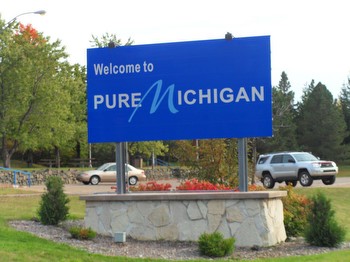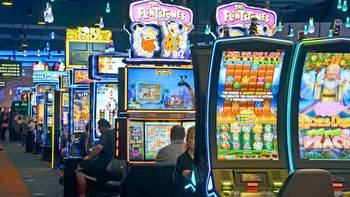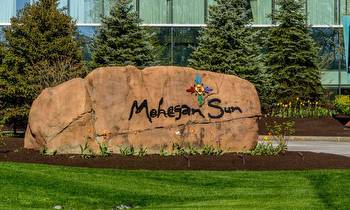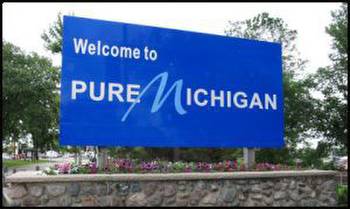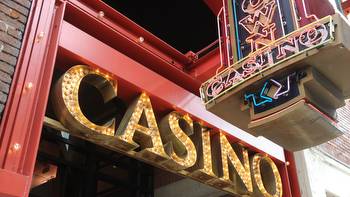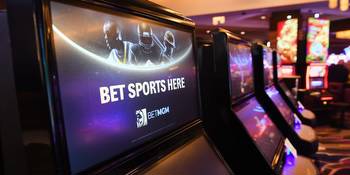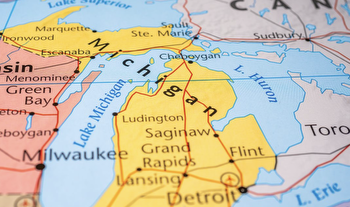Eight Michigan Tribal Casinos See Decrease in Gaming Payments

The 2022 Tribal Gaming Report has shown a 2.2% collective decrease in the reported payments to local entities by Michigan’s 23 tribal casinos from 2021.
Michigan Tribes Report $30.8M Payments to Local Governments in 2022
The total payments made by Michigan tribes to local government units was $30.8 million in 2022, down slightly from $31.5 million in 2021. The report also indicated that the factors that impact payments and net win totals differ amongst each tribe. Several tribes include free-play wagers in their reported net win for the year, while some have Class II machines at their casinos, and that revenue is not included in the annual tribal report.
The four Michigan tribal gaming operators that saw an increase in their payments are the Sault Ste. Marie Tribe of Chippewa Indians, who own Kewadin Casinos and recorded a 12.4% increase from 2021, Hannahville Indian Community, the tribe that operates Island Resort & Casino saw 6.3% growth, Little River Band of Ottawa Indians, operators of Little River Casino Resort, reported a 2.4% payment increase, and the Gun Lake Tribe had a 0.7% increase in payments.
The eight tribal gaming operators who saw a decline in their payments are the Pokagon Band of Potawatomi Indians, who operate Four Winds Casinos, recording a collective 8.9% decline, Lac Vieux Desert Band of Lake Superior Chippewa Indians, operators of Northern Waters Casino Resort in Watersmeet, had a 6.1% decrease, Keweenaw Bay Indian Community had a 3.8% decrease, and the Little Traverse Bay Band of Ottawa Indians saw a collective decline of 3.3%. The Grand Traverse Band, Bay Mills, Nottawaseppi Huron Band, and Saginaw Chippewa also experienced a decline in their payments.
Michigan’s Gambling Industry Thrives in 2022
Each year, the MGCB provides information on the payments tribes make to local units of state government based on slot revenue from their Class III machines. The 2% payment calculation estimates annual tribal casino slot revenue, but factors such as how tribes include free play wagers in their net win and the use of Class II machines affect the reported totals. The Tribal Gaming Report is the lone public insight into annual tribal casino revenue in Michigan. Detroit’s retail casinos, as well as Michigan online casinos, including tribal partners, are required to provide monthly revenue reports, but this does not extend to tribal casinos.
Overall, the gambling industry in Michigan did quite well in 2022. According to a report by MGCB, online gambling operators in Michigan saw a strong year, with gross receipts from commercial and tribal iGaming and internet sports betting hitting almost $2 billion in 2022, a 41% increase from the previous year.
Internet sports betting contributed $399.6 million in gross receipts, while Internet casino gambling generated $1.58 billion. Adjusted gross receipts for internet gaming and sports betting were $1.65 billion, with $219.6 million from sports betting and $1.43 billion from internet gaming. Taxes and payments to Michigan from operators totaled $303 million in 2022.










